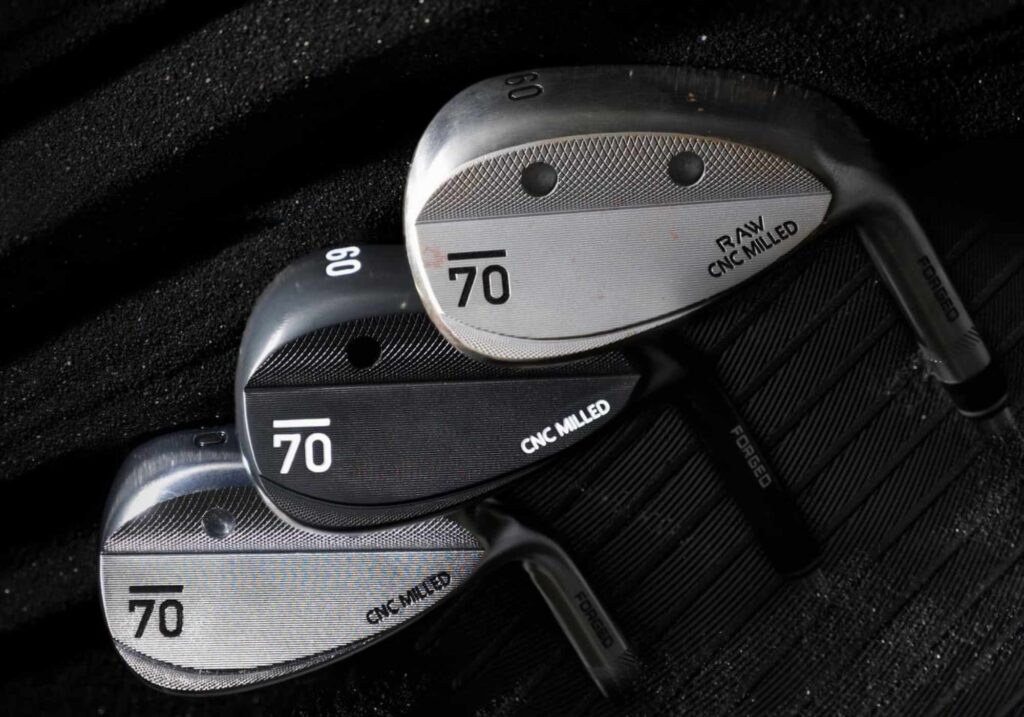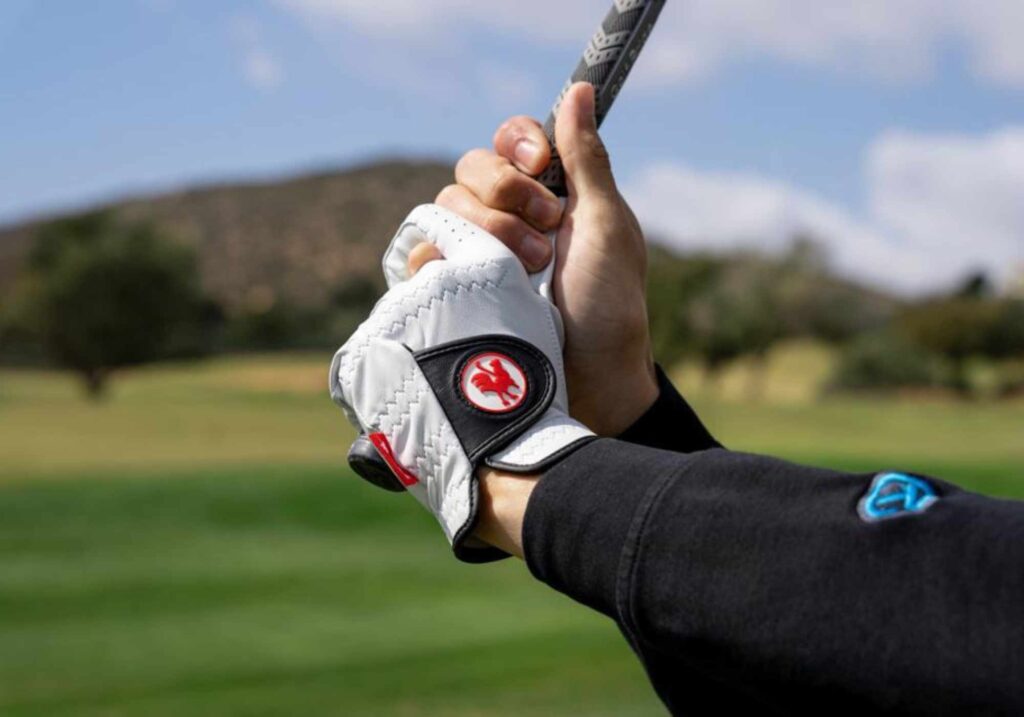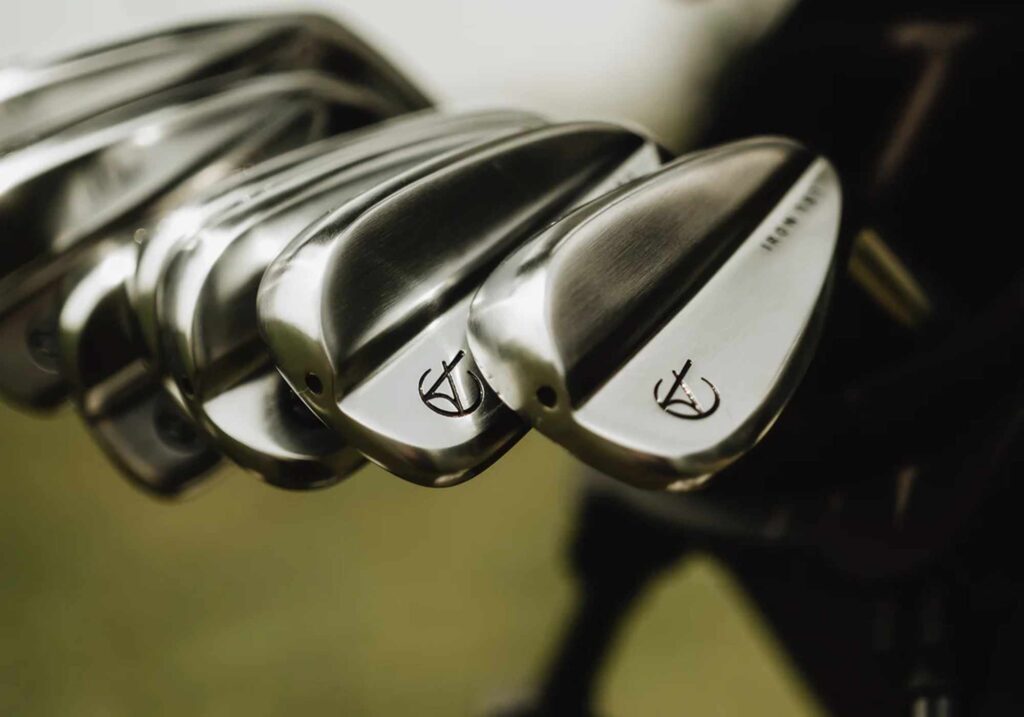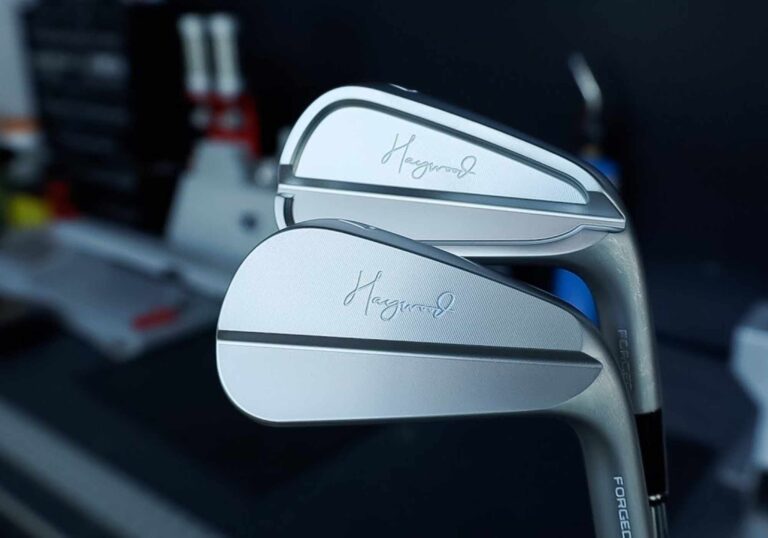Ever scrolled through Instagram or Facebook and seen a golf brand you’ve never heard of, offering golf clubs, balls, or gloves at what feels like too-good-to-be-true prices?
You’re not alone. That’s the world of DTC golf brands. But are they worth your time, or are you better off sticking with the big names you see on Tour?
Let’s unpack it all.
What Does DTC Mean in Golf?
DTC stands for Direct-to-Consumer. It’s a business model where brands sell their products straight to you, without going through retailers, pro shops, or big-box stores.
Think about buying a golf glove from the shop at your course for $30. That glove likely went from the manufacturer to a distributor, then to the shop, each step adding cost. A DTC brand ships it directly from their warehouse to your doorstep, cutting out the middlemen.
Are DTC Golf Clubs Real or Knock-Offs?
This is one of the biggest questions golfers ask. Here’s the truth:
- They are real clubs, designed, manufactured, and sold by the brand itself. They are NOT counterfeits.
- Most DTC brands design their own models, working with overseas manufacturers to produce them affordably.
- They don’t copy TaylorMade or Titleist models illegally. Doing so would be counterfeit. Reputable DTC brands design and brand their own products.
That said, like with anything online, if a price seems impossibly low for a new “Callaway” driver, it might actually be a fake sold on scam sites. True DTC brands are not pretending to be someone else.

Why Are DTC Golf Products Cheaper?
Great question. Here are the main reasons:
- No retail markup. You’re buying directly from the brand.
- Lower overhead costs. They often sell online only, saving money on physical storefronts.
- Focused product lines. Many stick to a few core products rather than massive ranges, lowering design and inventory costs.
- Less spending on Tour sponsorships. Big brands pay millions to get their gear into Tour players’ bags. DTC brands often invest that money into product development or pass the savings onto you.
Are DTC Golf Clubs, Balls, and Gloves Any Good?
Here’s the balanced truth:
The Benefits
- Lower prices without the traditional markup
- Surprisingly good quality from many brands
- Direct communication with the brand for questions or returns
- Innovative models or concepts traditional brands overlook
- Fast shipping and easy online ordering
The Trade-Offs
Limited fitting and demo options
You can’t usually go to your pro shop and try a DTC iron before buying. Some brands offer trial periods, but not all.
Less brand recognition
If you like playing what the pros play, DTC brands might not scratch that itch.
Potential quality variability
Not all DTC brands are created equal. Some invest heavily in R&D and quality control, while others just import generic products and slap a logo on.

Can You Trust DTC Brands in Golf?
Most of them, yes. Here’s how to ensure you’re buying from a reputable one:
- Read reviews, both on their site and independent forums.
- Check return policies and warranty information. Reputable DTC brands stand behind their products.
- Look for transparency. Brands that share their design process, materials used, and manufacturing partners tend to produce better products.
Popular DTC Golf Brands to Know
Here are a few examples (note, not endorsements, just commonly discussed):
- Clubs: Sub 70 Golf, Haywood Golf, New Level, Takomo, Stix Golf
- Balls: Vice Golf, Cut Golf, Seed Golf, Sugar Golf
- Gloves: North Coast Golf Co., Red Rooster, Palm Gloves
Each of these brands built reputations on good performance at fair prices, with different approaches to design and marketing.

Why Are DTC Golf Balls So Popular?
Golf balls are one of the easiest DTC categories to trust because:
- The USGA tests and approves balls for conforming status, regardless of brand.
- Performance differences are often subtle below the tour ball level.
- Brands like Vice and Seed have proven they can make balls at or near premium performance for lower prices by selling direct.
What About DTC Golf Gloves?
DTC gloves offer:
- Better value – often $10-15 cheaper per glove
- Consistent sizing and feel if you stick to one brand
- Limited try-before-you-buy opportunities
- Potential durability variation across brands
Many golfers buy one glove to test before subscribing to multi-glove bundles.
Final Thoughts: Should You Try DTC Golf Brands?
If you’re open-minded, value-focused, and don’t need a Tour logo on your gear, DTC brands can be a great addition to your golf arsenal.
They’ve democratized equipment purchasing by letting golfers of all budgets access solid-performing products without the traditional markup. But like any purchase, do your research first.
Key Takeaways
- DTC brands are real golf companies, not knock-offs.
- They cut out middlemen to offer lower prices.
- Quality varies by brand – read reviews and check policies.
- Clubs, balls, and gloves are all available in DTC options.
- Trying a single product before buying full sets is wise.
Have You Tried Any DTC Brands?
Let us know your experiences. Which DTC clubs, balls, or gloves have impressed you? Which fell short? Share your stories below and help other golfers make informed decisions.
